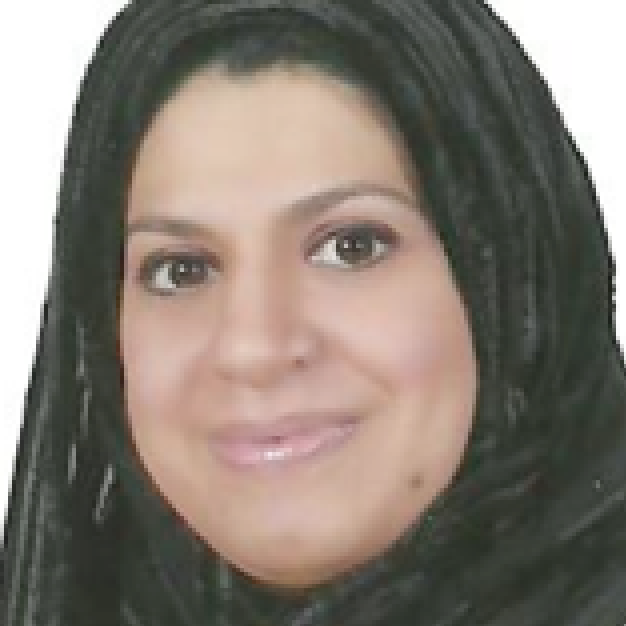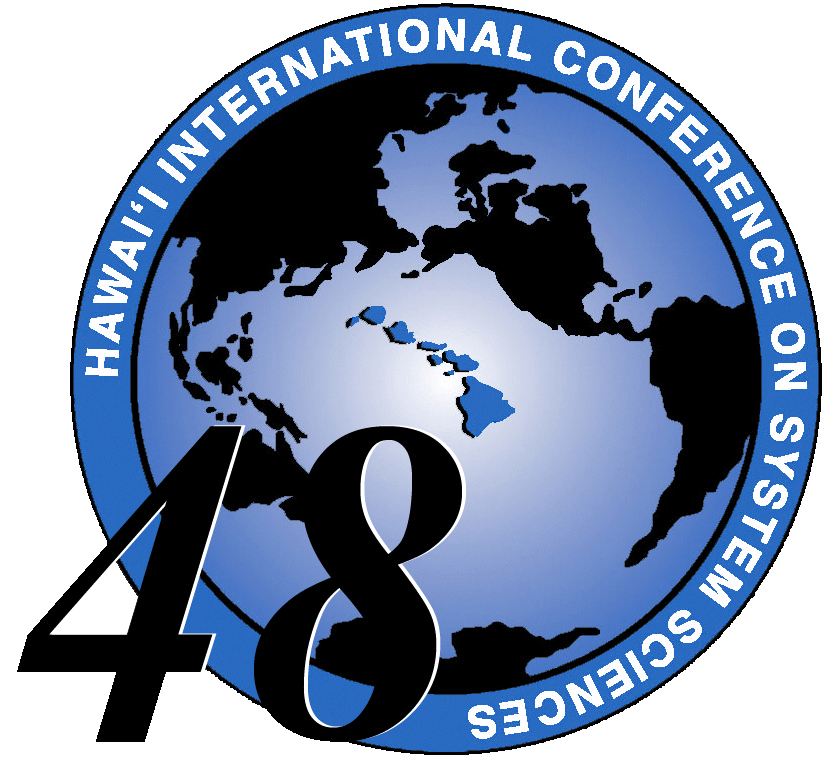HICSS - 48 E-Government Track
48th Hawaii International Conference on System Sciences
January 5-8, 2015 - Grand Hyatt, Koloa/Kauai, HI, USA
Overview
Minitracks
Symposia and Workshops
Other Links
Social Media, Citizen Participation, and Government



Social media and online networks have received a lot of attention in the last decade. Platforms such as Facebook, Twitter, and LinkedIn provide a mechanism for individuals to come together based on a variety of factors such as existing friendships, common interests, professional or political affiliations. Citizens are increasingly aware how the use of social networks can facilitate communication and interaction, and potentially promote greater engagement in public affairs.
Social media increase the opportunities for individual users to share digitally created content and ideas. Consequently, digital resources become interconnected by users who view, provide and share web content; related legal issues are still part of an ongoing discussion. Recently, the role of social media in promoting civic engagement and supporting social movements in both democratic and non-democratic countries has been discussed, where activists use the power of social networks to influence events on the ground and promote their causes.
Governments have also discovered the potential of social media platforms for sharing governmental information and outreach. Social media unite several communication channels and enhance opportunities for citizens to provide feedback to government officers and political representatives. Guidelines for the use of social media and social networks are relatively new in governmental agencies and many implementation challenges still linger. Given that the demand for social media-based government services is growing, issues related to privacy, information leakage, blurred boundaries between private and public, and government surveillance must also be urgently addressed.
This minitrack is open to papers that cover all aspects of social media, particularly in the context of citizen participation and electronic government.
Minitrack topics include, but are not limited to:
- Case studies of the use of social media and networks by any level of government
- Social media and citizen participation
- Relationship between social media use and offline political action
- Predicting election and other political events with social media
- Implementation challenges
- Maintaining privacy in social media and other online networks
- Social media and networks for information sharing
- Social networks and ‘information overload’
- Mobile and location-sensing media and governance
- Guidelines and policies for social media use
- Legal concerns when providing and sharing content via social media
- Online identities of civil servants
More information on the mini-track chairs:
Marko M. Skoric, PhD, is an Associate Professor at City University of Hong Kong. He holds a Ph.D. in Communication from the University of Michigan, and a B.Sc. in Psychology from the University College London. Dr. Skoric’s teaching and research interests are focused on new media and social change, with particular emphasis on civic and political implications of new communication technologies. His work has appeared in the leading journals in the field of new media, including Journal of Computer-Mediated Communication, CyberPsychology, Behavior, and Social Networking, and Computers in Human Behavior and his research has been presented at conferences such as HICSS, ICA, CeDEM and ICWSM. For more information, please visit http://www.markoskoric.com
Suha AlAwadhi , PhD, is an Assistant Professor, Department of Library and Information Science, College of Social Sciences, Kuwait University. She is also an Affiliate Assistant Professor the Information School, University of Washington. She is a member of DGSNA and IFIP E-government Conference (EGOV). Dr. AlAwadhi has participated in many conferences such as HICSS, EGOV, IFLA, and CeDEM12. Her research areas of interest include e-government, knowledge management, social inclusion, knowledge sharing and social networking.
Margit Scholl, PhD, is Professor for Business Informatics and Administrative IT at the Faculty of Business, Computing, Law of the University of Applied Sciences Wildau (UASW) in the east-south of Berlin. Objects of interest are project management, including e-government and interna¬tional orientation, process management, including acceptance and quality management, risk management and change management, business applications such as enterprise resource planning systems and document management systems, multimedia, including learning technologies and virtuality and intercultural aspects, IT security and IT baseline protection. Moreover her research focuses are IT and didactics, infrastructures for promoting learning, individual and organizational learning, digital media in education, PPBBL (Problem and Project Based Blended Learning).
Co-Chairs
Marko M. Skoric
(Primary Contact)
Department of Media and Communication
City University of Hong Kong
Tat Chee Avenue, Kowloon
Hong Kong S.A.R.
Phone: +852-3442-8990
Email: mskoric@cityu.edu.hk
Suha AlAwadhi
Department of Library & Information Science
College of Social Sciences
Kuwait University
P.O. Box 68168, Kaifan 71962, Kuwait
Phone: +965-2-498-4845
Fax: +965-2-484-0718
E-mail: s.alawadhi@ku.edu.kw
Margit Scholl
University of Applied Sciences Wildau (UASW)
Faculty of Business, Computing, Law
Lab for media-integrated administrative IT (100-122)
Information Technology and Project Management, Business and Multimedia Applications
House 100 / Room 106
Hochschulring 1, 15745 Wildau, Germany
Phone: +49-3375-508-917
Phone: +49-3375-508-917
